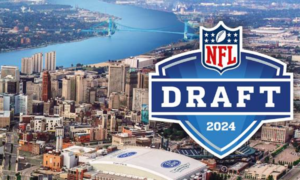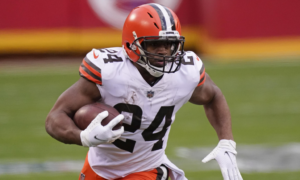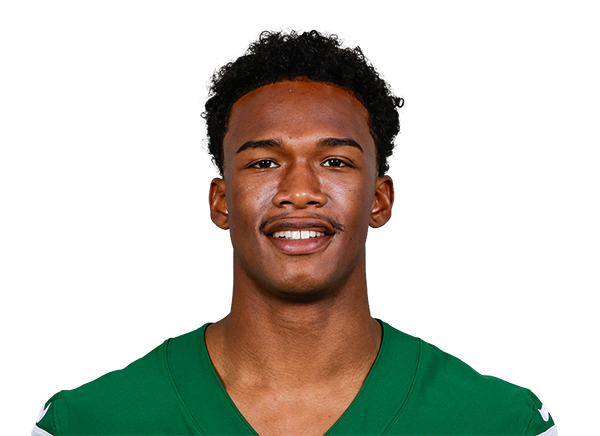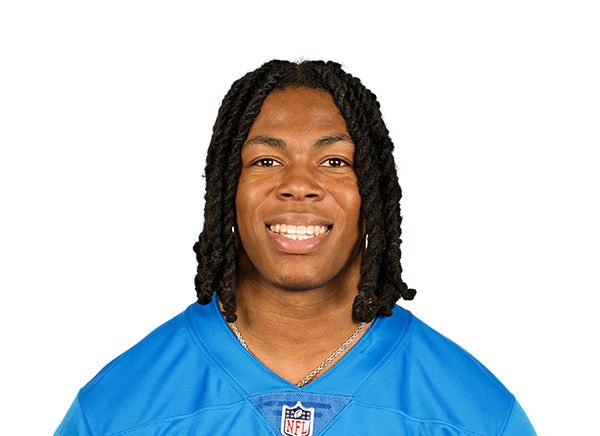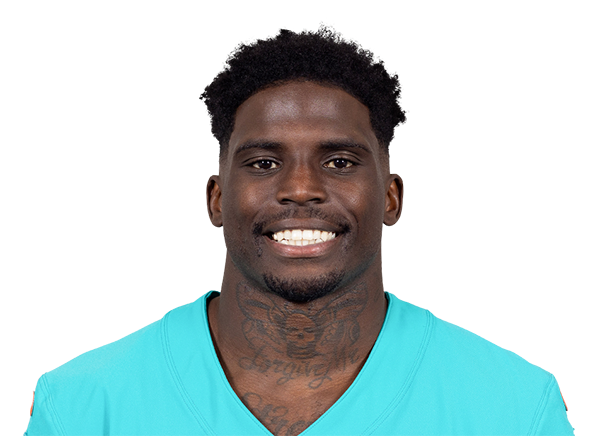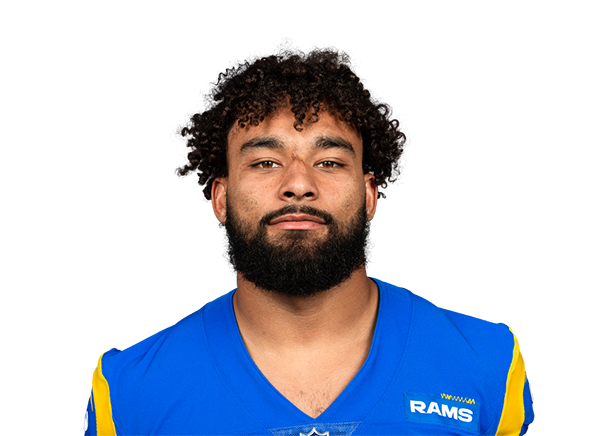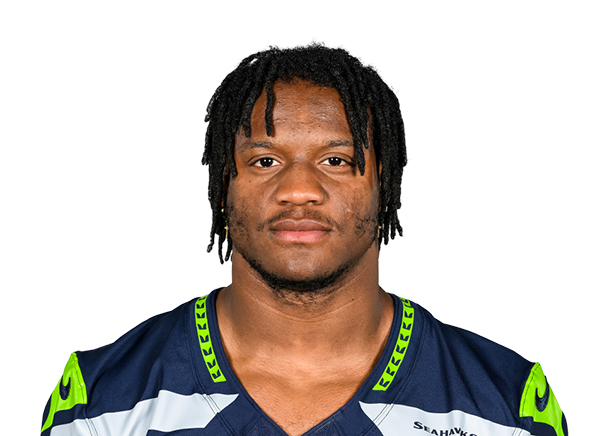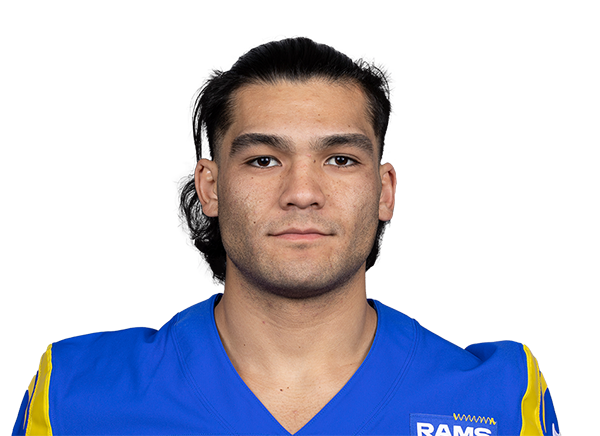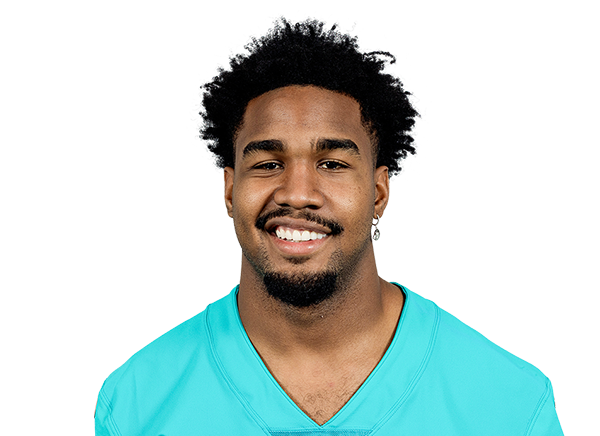How To Negotiate Like Your Dynasty Life Depends On It
Those who know me can attest: trading is one of the subjects I obsess about the most, above college player evaluations and even improving the auction format. I put a lot of time into figuring out how to help dynasty players in trade evaluations and how to get the best and most equitable deal for both sides. I’ve worked on tools to help in this regard, and I’ve also written multiple articles on the subject.
That said, through it all, one aspect that I’ve often overlooked or ignored is the psychology of how humans come to agreements. In an effort to better prepare our readership, I decided to delve into the subject and provide a bit of a primer for everyone so we can help reduce the stress of negotiations.
One of the most stressful negotiations that can take place has to do with terrorist threats or hostage negotiations. These individuals use the same sort of tactics to achieve a favorable outcome. If you’re anything like me, I sometimes feel like I’m in a similar negotiation stance with some of my leaguemates.
To begin with, many professional negotiators stress that you can’t win an argument, or negotiation, by brute force. Put another way, you can’t hammer your opponent with your opinion, talking points or even statistics, and hope to bring them over to your way of thinking, or valuation. It is exactly at this stage that so many trade negotiations fail as both sides simply talk past each other in a conversation about how they value players disguised as a trade negotiation.
So how does one avoid such a scenario?
Active Listening
Digging into multiple interviews with criminal negotiators, one thing kept coming up early in those interviews: you have to listen. I’m not simply talking about asking “What do you want for Player X?” I’m talking about a deeper and more engaging type of listening – the kind that brings forth an individual’s feelings, not simply answers.
Often people will tell you what they want without giving a direct answer. Your goal early in negotiations is to keep the other side talking, not to put them on the defensive with your thoughts, needs or demands. Questions like, “What do you feel your team needs to win a championship?” or “If there was one position on your team that could benefit from a trade, which one would it be?” These types of questions will reveal a huge wealth of information about how they value certain positions, what they need out of a trade, and whether a trade is even viable.
Develop the Relationship
Next, don’t jump into superhero mode, however tempting it may be. Here is where you need to restrain yourself in order to build a bit of trust. Rephrase what you believe you heard, agree and empathize with some of their assessments of team weakness, then send it back to them.
This achieves two critical things.
First, it shows you are listening and for so many people that’s all they want out of life – to be heard.
Second, it builds a degree of trust as you are agreeing with some of their self-declared weaknesses and empathizing with them. Statements to make in this phase would be along the lines of “I agree with you about your wide receivers, you really had a tough break with Doug Baldwin retiring and Cooper Kupp getting injured last season,” or “I see your point on possibly needing to add another quarterback with this being a superflex league and Josh Rosen being traded.”
Hold on, don’t hit send just yet though!
Set the Course Toward a Successful Outcome
While hearing out your potential trade partner and demonstrating empathy, try to keep the conversation flowing. Bear in mind that while you’re at the wheel of this conversation, you want them to feel like they are the one doing the steering, and that it’s as natural as possible. You want to ask questions that continue to keep them engaged and provide you with information.
The questions should be as open-ended as possible, pulling in references to other team owners or the league in general, perhaps even setting up and presenting an “us versus them” approach. Questions like, “Man, if Kupp didn’t get injured in your game against John you probably would have won. Do you think you can get revenge this season?” or “I can’t believe Frank drafted Kyler Murray ahead of you when he already has three quarterbacks and knew you only have one dependable one. Do you have a game plan for taking him out in Week Six?” This will further solidify the trust you’re building and should provide ample opportunity for them to share additional information you can use down the road.
It’s likely that most owners will respond to such inquiries, even if they know where the discussion is leading. We humans just can’t help ourselves sometimes. This is where you can start working together on a solution. First though, compliment them. Tell them how great they did in the draft or tell them how impressed you are with how they did last season despite the hurdles they had to face.
Next, ask if a correlating player on your team could help them achieve that goal or vision they described – getting revenge on Joe, or beating Frank in Week Six with their game plan. This step helps sell a vision of the outcome they’ve already expressed a desire to achieve. Do not request players in return, even at this point. You’ve won them over by listening to them, and you’ve provided some possible avenues to a goal they themselves had envisioned. Don’t kill the mood by making demands at this point. Let your potential trade partner bask in the warmth of what could be. Let them ask you what they need to pay to get to the promised land they’ve glimpsed.
Ensure That Your Needs Are Met
When that response comes, and it almost always does, wait a little longer to respond this time. Don’t just respond the instant it appears in your inbox or text message. It is important to the process that you appear to be heavily considering the question they posed. Don’t wait so long as to make them think you forgot about them, but long enough where they don’t feel as if they walked into a trap.
Upon responding, let them know about a struggle you’ve encountered as well due to a deficiency on your team. Maybe your star tight end, Rob Gronkowski, also retired like his Baldwin, or maybe your running back Jordan Howard got traded and now has to compete for a starting job like his Rosen. Sell the sob story and ask them if they feel there is a player, or deal, that they can see that holds the same value for you as the player they seek to obtain from you.
Since you’ve built a relationship on a foundation of trust, the hope is that your trade partner will present back to you an offer that is both fair and equitable for both sides (they wouldn’t want to burn this newly built bridge, would they?). If that offer doesn’t quite get there, bring in an objective third party. I don’t mean into the conversation itself, but as a point of reference. Perhaps highlight how DLF’s Trade Analyzer doesn’t reflect the valuation you were hoping for, or maybe highlight a specific trade in DLF’s Dynasty Trade Finder that is closer to what you were imagining. Remind them that you are both trying to address the perceived holes in your respective teams and ask them how they can bring the trade closer to one of the independent sources. You can repeat these last two steps until a deal is reached.
Conclusion
I’ve found that transactions produced in this manner result in much more equitable agreements. Both parties often walk away from the deal happy and more than willing to work together on future deals as well. This contrasts greatly with the churn and burn approach employed by some owners, where they simply try to make trades for the rush of it all, completely disinterested in what their potential trade partner needs out of a deal and also seeks from them in order to continue doing business in the future.
It also differs significantly from traders who exploit their trade partners’ weaknesses and look to squeeze them for every bit of capital possible. These traders might get a deal done with a few owners, but there is very little in the way of return business when another team owner feels taken advantage of or manipulated. Simply put, don’t be that person. You might get a super deal, but the rest of the league looks at you differently and the community is still small enough where word spreads quickly.
Whatever your trading style, I think we can all agree: hostage negotiators and terrorist interrogators have some of the most difficult and high stress jobs on the planet. Hopefully, by learning some of their tactics, dynasty trades will feel like a breeze in comparison going forward.








